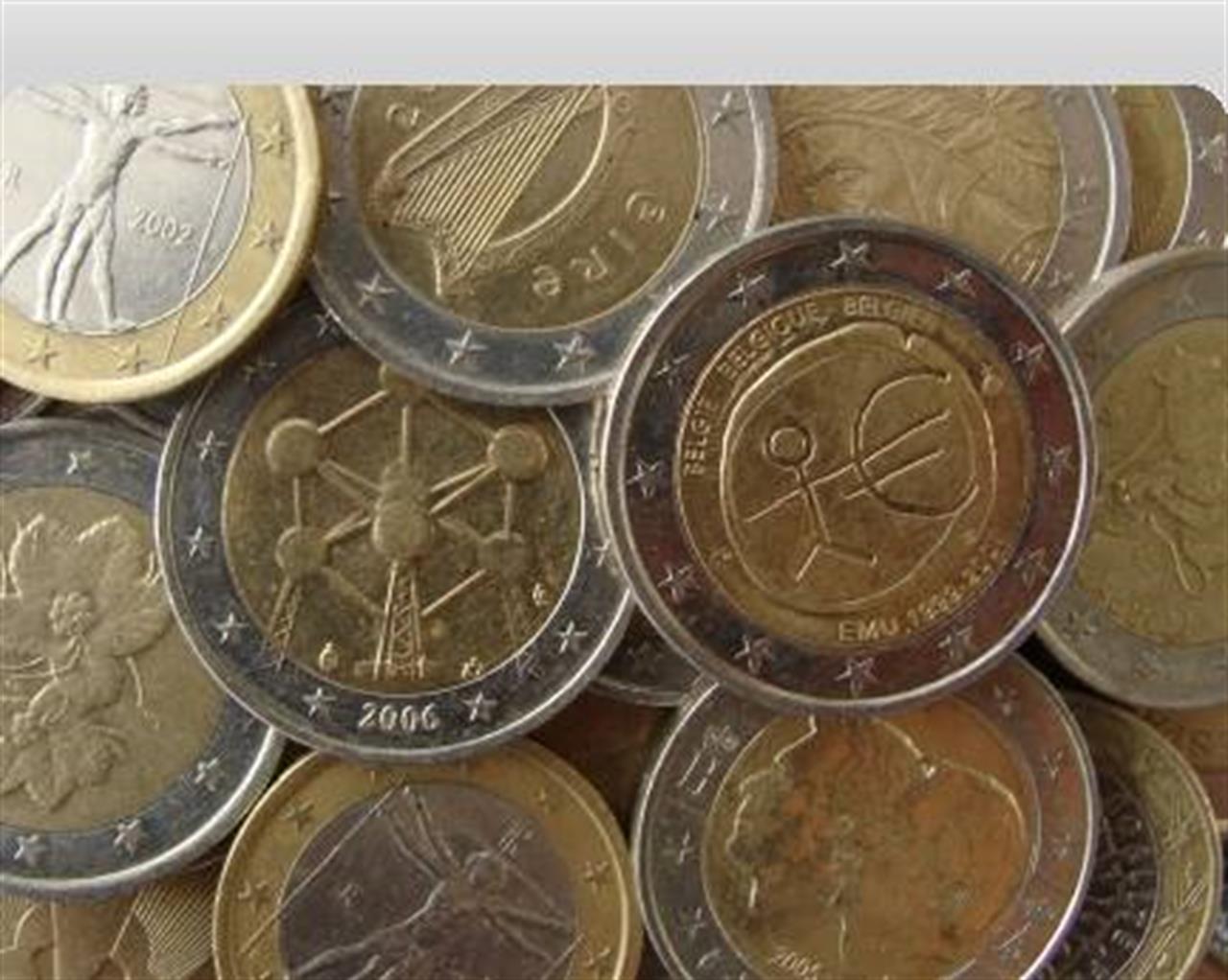World giving index 2011
Ireland is Europe's most charitable country, says the Charities Aid Foundation 2011 index
di Staff

According to a new survey by the Charities Aid Foundation (CAF), the Irish give more to charity than any other European nation and is the second most charitable country in the world after the US.
The survey, called the World Giving Index 2011, is compiled by CAF using Gallup polling information on the charitable behaviour of people in 153 nations – is based on three measures: ‘giving money’, ‘volunteering time’ and ‘helping a stranger’. The global average of the three giving behaviours in 2011 was 32.4%, compared to 31.6% in 2010.
The index demonstrates that the world has become a more charitable place over the last 12 months – with a 2% increase in the global population ‘helping a stranger’ and a 1% increase in people volunteering.
Yet 1% fewer people have given money to a charity than in 2010, a result that CAF attributes to the ongoing economic impact of the financial crisis.
According to the study, the UK is the second most generous nation globally in monetary terms, with 79% of the population donating to charity each month. The highest-ranked country for ‘giving money’ is Thailand with 85% of the population having made a donation. Ireland and the Netherlands are jointly third with 75%.
Meanwhile, 28% of the UK population ‘volunteers time’ per month, and 63% ‘helps a stranger’.
However, the most generous nation in Europe overall is Ireland, which is ranked second globally. Last year, Ireland was in third place internationally. This year’s report shows that 75% of the Irish population gives money to charity every month. At the same time, 38% volunteers time and 65% helps strangers.
The study found that the most commonplace giving behaviour globally in 2011 has been ‘helping a stranger’. Almost half the global population (47%) helps a stranger in a typical month. In comparison, fewer than three out of ten people ‘give money to charity’ (29%) or ‘volunteer time’ (21%) each month.
Results also demonstrate that giving money to charity is growing faster among the oldest age groups, while helping strangers is becoming more common among those in middle age.
The report shows key some subtle differences in the charitable behaviours of the sexes. 30% of females have given money to charity each month compared with 29% of males. However, 48% of males have ‘helped a stranger’ each month compared to 46% of females – and 22% of males have ‘volunteered time’ every month compared with 19% of females.
By far the largest increase in the percentage of population ‘giving money’ is in Asia, with an increase of 9% in south eastern Asia and an increase of 10% in southern Asia.
The report shows that the worldwide increase in inclination to ‘help a stranger’ is in part due to a surge in the prevalence of this behaviour in Asia – with south Asia registering the highest increase in ‘helping a stranger’ at 16%.
CAF chief executive John Low said: “The finding that the UK is the fifth most generous nation in the world, and second in terms of giving money, is excellent news for those who are less fortunate, and shows just how deep-seated the idea of charity and charitable giving is in our society.
“It is amazing that even during these tough economic times an overwhelming majority of the UK population gives to charity each month. However, there is always more that can be done. Creating an even stronger culture of giving in the UK will require ongoing commitment and effort by government, business and charities.
“Those in positions of influence can show strong leadership, setting an example through their own giving. Ministers across government should actively look to encourage, rather than stifle social action and giving. Tax relief for charitable donations must be simple, up to date and work effectively with the way people give in an increasingly digital and interconnected world.”
Nessuno ti regala niente, noi sì
Hai letto questo articolo liberamente, senza essere bloccato dopo le prime righe. Ti è piaciuto? L’hai trovato interessante e utile? Gli articoli online di VITA sono in larga parte accessibili gratuitamente. Ci teniamo sia così per sempre, perché l’informazione è un diritto di tutti. E possiamo farlo grazie al supporto di chi si abbona.
